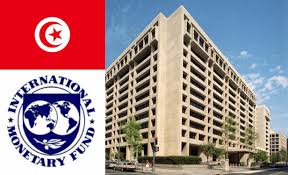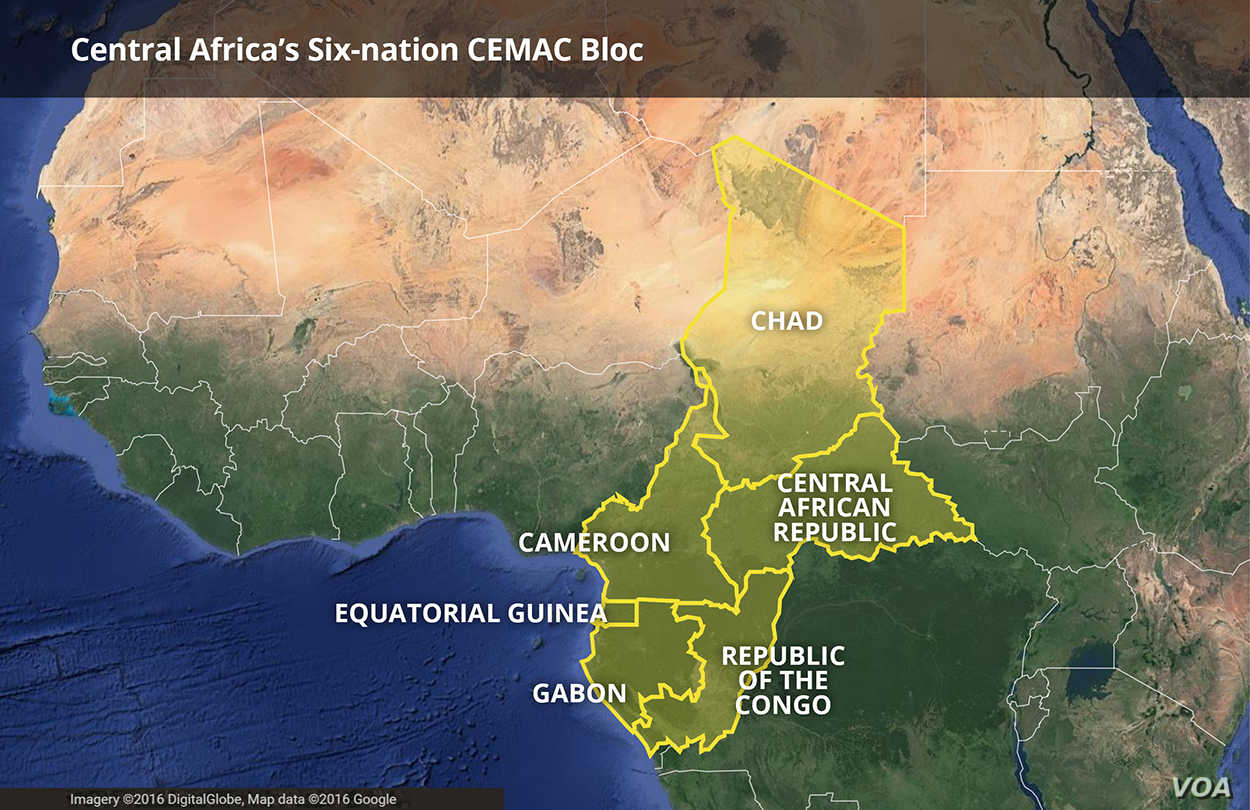 The International Monetary Fund (IMF) has approved a $2.9 billion Extended Fund Facility (EFF) for Tunisia to help the country carry out its economic and financial reform program.
The International Monetary Fund (IMF) has approved a $2.9 billion Extended Fund Facility (EFF) for Tunisia to help the country carry out its economic and financial reform program.
This program aims at promoting stronger and more inclusive growth by consolidating macroeconomic stability, reforming public institutions, facilitating financial intermediation and improving the business climate.
According to IMF, Tunisia has managed to preserve macroeconomic stability and initiate fiscal and banking reforms in a context marked by a prolonged political transition, spillovers from the crisis in Libya, and numerous exogenous shocks, including terror attacks.
However, “important challenges remain”, say IMF experts, noting that “economic activity is weak, employment is low, social tensions linger, spending composition has deteriorated, and external imbalances are high”.
To tackle these challenges, Tunisia worked out a five-year economic plan which aims at promoting stronger and more inclusive growth, based on macroeconomic stability, effective public institutions, economic diversification, human development and green economic growth.
According to Mitsuhiro Furusawa, a top IMF official, Tunisian economy has shown resilience but continues to face important fiscal, external, structural and social challenges.
He said that a prudent fiscal policy that puts public debt on a downward path will help the country ease financing constraints, reduce external imbalances, and ensure sustainability.
“Enhanced central bank independence will strengthen the effectiveness of monetary policy, while greater exchange rate flexibility will strengthen reserve buffers and facilitate external adjustment”, added Furusawa.
He also stressed the need to streamline existing business procedures and enhance market access through a new investment code and the implementation of the competition law and the law on public-private partnerships to encourage private-sector development and help create jobs.


